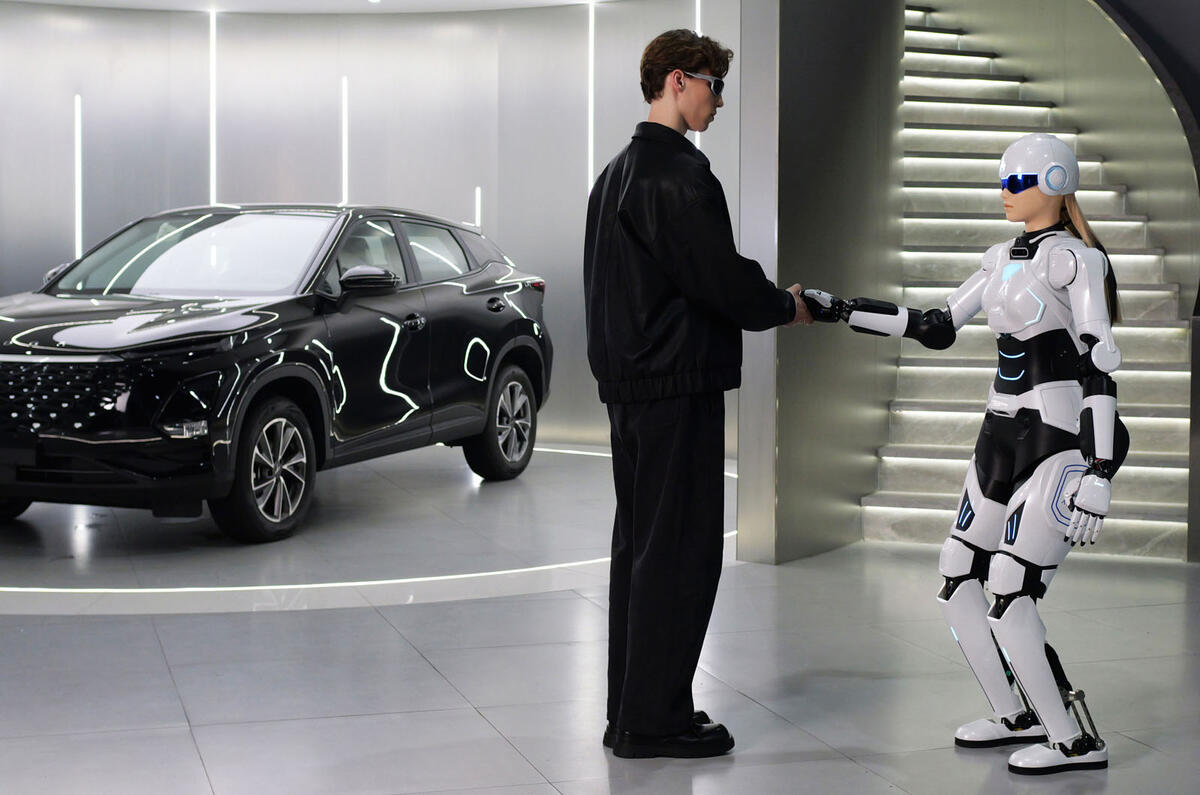Seven years ago, almost to the month, Honda announced it would scrap its long-running Asimo humanoid robot programme. The dream of the robot butler popularised by comic books in the 1950s looked to have died with it.
Since then, however, the rapid pace of development in electronics, sensors, robotics and artificial intelligence has persuaded car companies including BYD, Tesla, Hyundai, Chery and Xpeng that robots are suitably product-adjacent enough for them to spend big on producing Asimos of their own.




Add your comment